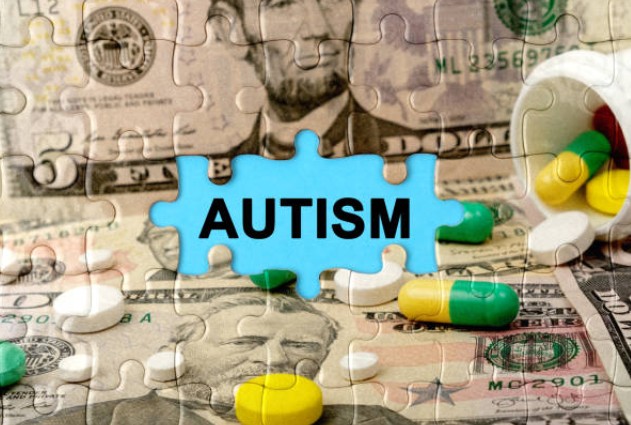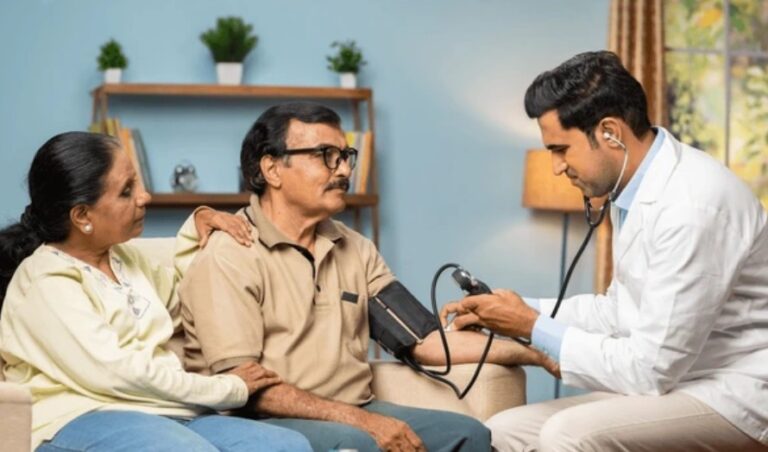What Medical Conditions Qualify for Attendance Allowance?
Complete and Updated Guide for UK Residents
Understanding the support available for health-related care needs is crucial, especially as we or our loved ones age. In the UK, Attendance Allowance (AA) is a government benefit aimed at helping older adults manage the extra costs of needing care or supervision due to illness or disability. But what medical conditions qualify for Attendance Allowance? This guide dives deep into the eligibility criteria, the types of health conditions that often meet the threshold, and how to navigate the application process confidently.
What Exactly is Attendance Allowance?
Attendance Allowance is a non-means-tested, tax-free benefit provided to people aged 65 or older who need help because of physical or mental disability. Unlike other benefits linked to income or savings, AA focuses purely on your care or supervision needs caused by your health condition.
It can help cover costs related to personal care, like dressing, eating, bathing, or using the toilet — or the supervision needed to keep you safe (for example, if you are prone to falls, wandering, or confusion).
AA is designed to ease the financial burden for those who need extra support but aren’t necessarily receiving other forms of care funding.
Who is Eligible to Claim Attendance Allowance?
To qualify for AA in the UK, you must:
- Be 65 or older on the day you claim.
- Have a physical or mental disability requiring help with personal care or supervision.
- Have needed this help for at least 6 months (except if you have a terminal illness).
- Be ordinarily resident in the UK, the Isle of Man, or the Channel Islands.
- Not be already receiving Personal Independence Payment (PIP) or Disability Living Allowance (DLA).
It’s important to note that AA is strictly for those 65+, and younger individuals typically claim PIP or DLA instead.
What Medical Conditions Qualify for Attendance Allowance?
Attendance Allowance eligibility is based on the impact a medical condition has on your ability to manage daily tasks and the level of care or supervision you require. While the benefit doesn’t specify exact conditions, certain illnesses frequently qualify because they typically cause the need for personal care or safety supervision. Here’s a detailed overview:
1. Dementia, Alzheimer’s Disease, and Other Cognitive Disorders

These conditions affect memory, reasoning, and behavior. Those living with dementia or Alzheimer’s often require constant supervision to prevent wandering and accidents, alongside help with everyday tasks such as dressing, washing, eating, and taking medications. Due to their progressive nature, these care needs generally qualify individuals for Attendance Allowance.
2. Parkinson’s Disease
Parkinson’s is a neurological disorder causing tremors, muscle stiffness, and impaired balance and coordination. Individuals may find it difficult to perform tasks like dressing, eating, or walking without assistance. As symptoms progress, the need for help with mobility and personal care increases, qualifying many for Attendance Allowance.
3. Multiple Sclerosis (MS)
MS affects the central nervous system, leading to muscle weakness, fatigue, visual disturbances, and cognitive difficulties. The fluctuating symptoms mean that while some days may be manageable, others require substantial help with washing, dressing, moving, or managing fatigue. This variable care requirement often meets the allowance criteria.
4. Stroke Survivors
A stroke can cause physical disabilities, such as paralysis or muscle weakness, as well as speech and cognitive impairments. Survivors frequently need help with personal care, mobility, communication, and maintaining safety at home. These ongoing needs often qualify for Attendance Allowance.
5. Severe Arthritis and Other Musculoskeletal Disorders

Chronic conditions like rheumatoid arthritis or osteoarthritis cause joint pain, swelling, and reduced movement. Severe cases can make tasks like getting dressed, bathing, or moving around independently very challenging, necessitating help and supervision that fit the Attendance Allowance requirements.
6. Chronic Respiratory Diseases (e.g., COPD)
Conditions such as Chronic Obstructive Pulmonary Disease (COPD) and severe asthma can cause breathlessness and fatigue, which impact your ability to carry out daily activities safely. If your respiratory illness means you need assistance with personal care or supervision—especially to avoid crises like severe breathlessness or falls—you may qualify for Attendance Allowance.
7. Visual Impairments and Blindness
Severe loss of sight can profoundly affect independence and safety. People who are blind or have significant visual impairment often require help to navigate safely, avoid hazards, and manage personal care routines, which meets the criteria for the allowance.
8. Mental Health Conditions
Serious mental health disorders, including severe depression, bipolar disorder, schizophrenia, or anxiety disorders, can affect your ability to care for yourself or stay safe. When these conditions result in significant personal care needs or supervision to prevent harm, they are considered for Attendance Allowance.
9. Learning Disabilities and Autism Spectrum Disorders

Older adults with learning disabilities or autism may have difficulties managing everyday tasks or understanding safety risks. If these challenges mean they need regular help or supervision, they can qualify for Attendance Allowance.
10. Terminal Illness
If you have been diagnosed with a terminal illness, you can qualify for Attendance Allowance immediately, without having to wait six months. The focus here is on ensuring support during a very difficult time.
Why Impact Matters More Than Diagnosis
Attendance Allowance focuses on how your condition affects your ability to live independently. For example, two people with the same diagnosis may have very different needs—one might manage independently, while the other requires constant care or supervision.
To qualify, you must need:
- Help with personal care such as washing, dressing, eating, or using the toilet, or
- Supervision to keep safe from danger like falls or wandering.
Examples of How Medical Conditions Affect Eligibility
Example 1: Mrs. Brown, 70, has advanced Alzheimer’s, often forgets to eat, and wanders unsafely. She needs supervision and help with personal care and would likely qualify for the higher rate.
Example 2: Mr. Singh, 68, has Parkinson’s but manages dressing and eating independently, needing occasional help with household chores only. He might not qualify, but could explore other benefits.
How Does the Government Assess Your Need for Attendance Allowance?
The Department for Work and Pensions (DWP) will assess your claim based on:
- Daytime care needs: Help with washing, dressing, eating, or moving around.
- Night-time care needs: Assistance or supervision at night.
- Supervision: Helps to avoid danger (falls, wandering).
- Frequency and duration: How often and how long care is needed.
- Medical evidence: Supporting letters from doctors, specialists, or carers.
Attendance Allowance Rates (2025)
| Rate | Eligibility | Weekly Amount |
|---|---|---|
| Lower Rate | Need help during day or supervision at night | £70.30 |
| Higher Rate | Need help during day & night or terminal illness | £104.00 |
(Rates update yearly; check the GOV.UK for latest info.)
How to Apply for Attendance Allowance in the UK

- Order or download the form (AA1) via phone (0800 731 0122) or GOV.UK.
- Complete the form with detailed descriptions of your care needs and medical conditions.
- Attach supporting evidence from healthcare professionals.
- Submit the form and wait for a decision (up to 8 weeks or more).
Tips for a Successful Claim
- Describe your daily care needs honestly and thoroughly.
- Provide practical examples of difficulties you face.
- Seek advice from charities like Age UK or Citizens Advice.
- Update the DWP if your condition changes.
What Happens After You Receive Attendance Allowance?
- It’s non-means-tested and doesn’t affect other benefits like the State Pension.
- You can use the money however you want—many spend it on home adaptations or paid carers.
- Report any change in your condition to DWP.
Final Thoughts
Attendance Allowance is an essential benefit for many older UK residents facing long-term illness or disability. Understanding what medical conditions qualify and how to apply helps you access this vital support and improve your quality of life.







